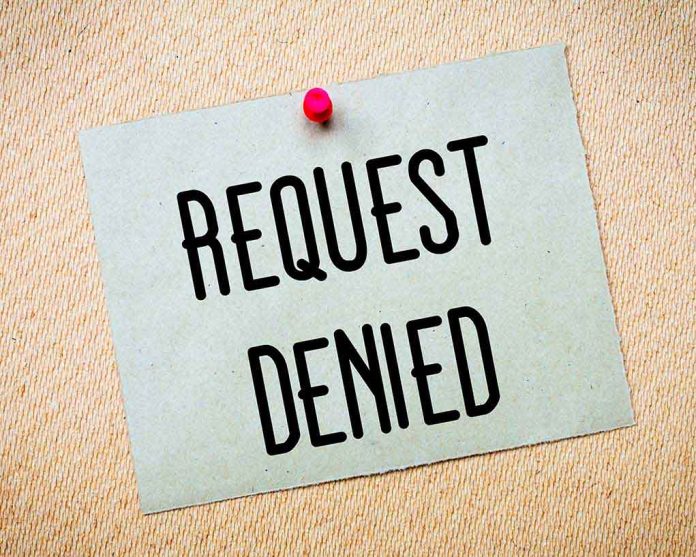
Telegram founder Pavel Durov finds himself trapped in France and unable to travel to the United States amid accusations that French intelligence attempted to silence Romanian conservatives on his platform.
Key Takeaways
- French authorities have denied Pavel Durov’s request to travel to the United States for investment meetings while he faces investigation over illegal content on Telegram.
- Durov has made explosive allegations that France’s DGSE intelligence service attempted to ban pro-conservative Romanian accounts before recent elections.
- Romanian nationalist politician George Simion, who lost in elections, claims foreign interference and has appealed to Romania’s constitutional court.
- Since his arrest in Paris earlier this year, Durov has been permitted limited travel but remains under judicial supervision.
- Durov has expressed willingness to testify in support of Romanian democracy regarding alleged election interference.
Telegram Founder Barred from U.S. Travel as Investigation Continues
French authorities have denied Telegram founder Pavel Durov permission to travel to the United States where he had planned to meet with senior tech figures and potential investors. The Paris public prosecutor’s office and JUNALCO (National Jurisdiction for the Fight Against Organized Crime) determined that Durov’s request was neither urgent nor sufficiently justified while he remains under formal investigation. The Russian-born tech entrepreneur faces serious allegations related to illegal content on the messaging platform, including charges of complicity in drug trafficking and fraud.
Durov was initially detained in Paris earlier this year but was later allowed a brief visit to Dubai in March. Despite these travel allowances, French authorities are maintaining strict control over his movements while the investigation proceeds. Since his arrest, Durov has reportedly taken steps to address the illegal content concerns on Telegram, though specific measures have not been detailed in public reports. The platform has long been criticized for its hands-off approach to content moderation compared to other social media platforms.
Allegations of Political Interference Intensify Controversy
The situation has become even more contentious with Durov’s bombshell accusation that France’s DGSE (General Directorate for External Security) attempted to suppress pro-conservative Romanian accounts on Telegram prior to elections. This explosive claim suggests potential political motivations behind his legal troubles and raises serious questions about government overreach into digital platforms. The French intelligence agency has vehemently denied these allegations, creating a high-stakes dispute between the tech founder and one of Europe’s most powerful intelligence services.
The controversy has spilled over into Romanian politics, where nationalist candidate George Simion, who recently lost an election, has claimed foreign interference affected the outcome. Simion has filed an appeal with Romania’s constitutional court challenging the election results. These developments represent a concerning pattern of potential government interference in digital communications and electoral processes that many conservatives have long warned about.
Implications for Free Speech and Digital Sovereignty
Durov’s willingness to testify in support of Romanian democracy signals his intention to fight back against what he perceives as government overreach. The Telegram founder has built his reputation on creating platforms resistant to government control, making this confrontation with French authorities particularly significant for advocates of digital freedom. His current predicament highlights the increasing tensions between tech platforms that prioritize privacy and encryption and European governments seeking greater control over online content.
The case raises troubling questions about the extent to which Western governments might leverage legal proceedings to exert control over platforms that facilitate conservative speech. While legitimate concerns about illegal content on Telegram exist, the timing and nature of Durov’s allegations suggest that broader political motivations may be at play. As this situation continues to unfold, it will undoubtedly have significant implications for free speech, digital rights, and the ability of conservatives to communicate freely online.


